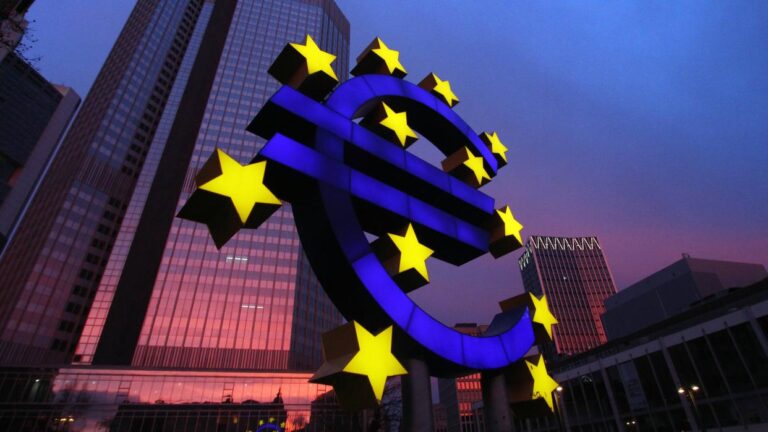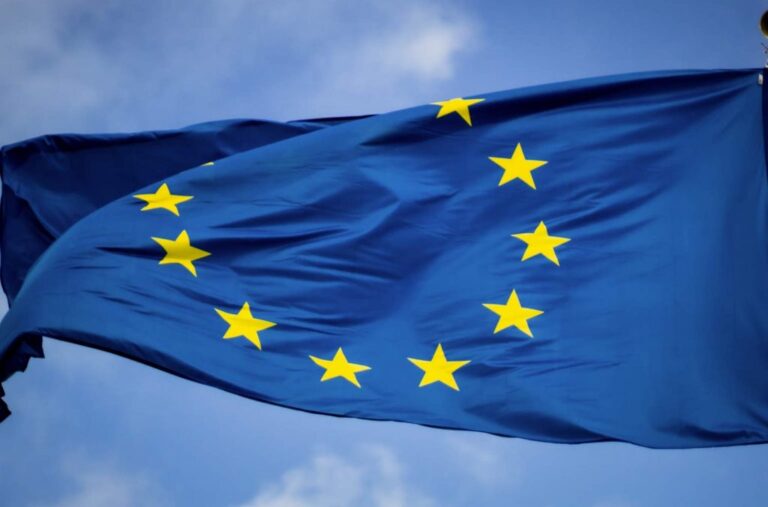
Morning Brief – UK inflation – June hike worthy?
UK inflation – June hike worthy?
Yesterday’s inflation data surprised markets. The data was released slightly ahead of European core trading hours. The lighter liquidity available at this time could have resulted in the short-term spike towards 1.2450 on cable and around half a cent to the mid-1.15s within GBPEUR. However, you could, and perhaps should, still argue that the subsequent unwinding of yesterday’s Sterling spike was too short lived. After all, does the inflation data not materially impact the likelihood of a rate hike at the Bank of England’s June meeting? Well, much of the chatter in markets yesterday was that whilst the inflation data puts pressure on the Bank, whether it will yield to that pressure and indeed can even afford to do so is another question.
UK Inflation did drop significantly to 8.7% in April, with core inflation coming in at 6.8%. Headline inflation was some half a percent higher than forecast thanks to persistent food price and services inflation. The dramatic fall from the March figure was largely statistical, with year-on-year figures now comparing with a point in time beyond the April 2022 50% jump in fuel prices. Markets will be looking not only to whether the Bank adjusts its course for June’s meeting but also the change to any inflation forecasts. Yesterday’s data confirmed excessive and persistent food price inflation, as we detailed yesterday.
A very old conversation
AAA. That’s the ratings most agencies ascribe to US debt. As the benchmark of safety and often used as a proxy for the risk-free rate of return globally, US treasuries have attracted the highest rating from agencies since most of their inceptions. It is not unheard of for a ratings agency to downgrade US debt in the face of debt ceiling talks. For example, the debt ceiling crisis, post financial crisis, in 2011 saw Moody’s downgrade US debt for the first time since the AAA rating was awarded in 1917. Fitch Ratings yesterday confirmed that the US Treasury bill rating was under review with the agency considering whether the increased partisan nature of debt negotiations creates a more structural vulnerability to the operation of US governance. The Dollar remains bid and bonds close to expiration retain a significant premium as a result of the ongoing negotiations.
Discussion and Analysis by Charles Porter

Related Insights

Daily Brief – Oil
Oil At a smidge below USD70, Brent oil rose sharply at the beginning of the week on the back of two principal factors: firstly, the EU committing to buy USD 750 billion of energy products from the USA as part of the 15% tariff trade deal; secondly, POTUS’ 50 day ultimatum to President Putin to […]

Daily Brief – Greek Water
Greek Water Greek PM Mitsotakis is taking action on Greece’s problem of widespread water shortages brought on by climate change and increasing demand for what is an increasingly scarce water supply exacerbated by drought. A 5 pronged nationwide plan to tackle the crisis which has evidenced itself with forest fires and arid landscapes is being […]

Daily Brief – EU Interest Rates
EU Interest Rates As expected the ECB held interest rates yesterday. Unsurprising, given the August 1 deadline on the US tariffs that might see a punitive tariff rate of 30% on the EU, although talks are meant to be getting closer to a 15% rate and in sight of the finishing tape. That means that […]



 Humphrey Percy
Humphrey Percy